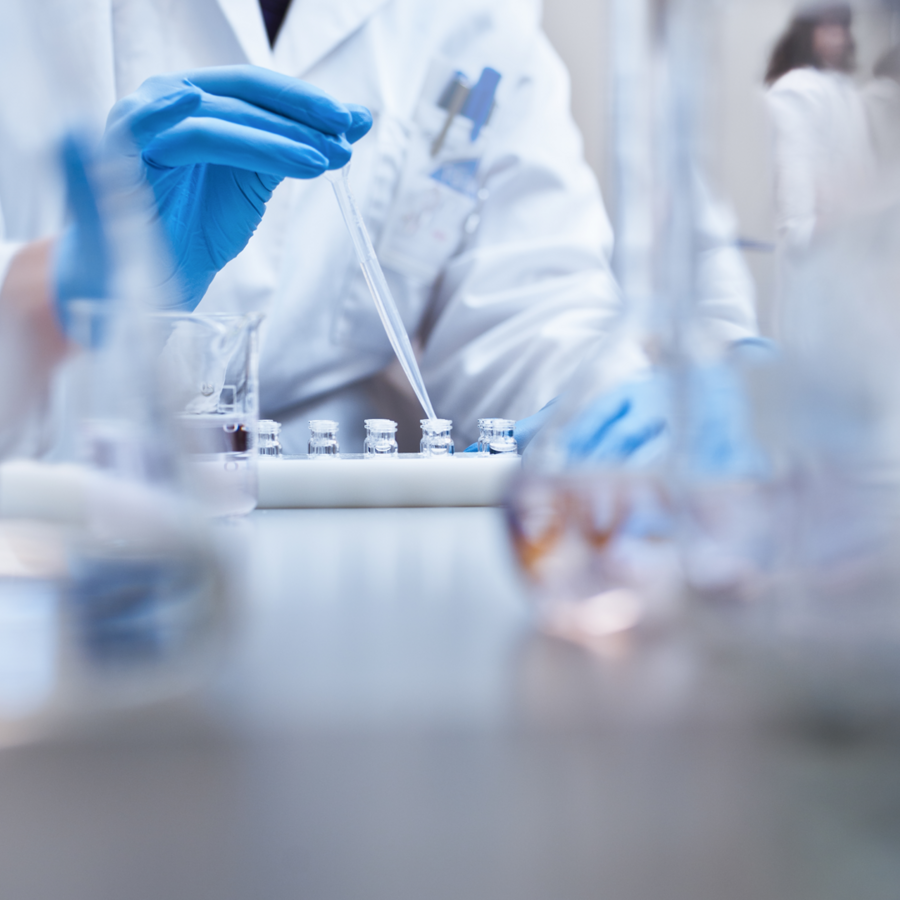Releases
WADA further extends analytical testing restriction imposed on the Bucharest Laboratory

The World Anti-Doping Agency (WADA) has further extended the analytical testing restriction (ATR) imposed on the Romanian Doping Control Laboratory in Bucharest. The ATR, related to the Gas Chromatography / Combustion / Isotope Ratio Mass Spectrometry (GC/C/IRMS) analytical method, was originally imposed on 1 May 2021 for a period of up to six months and was extended for another six months in November 2021.
The original ATR was imposed after the Bucharest Laboratory voluntarily informed WADA that it would be unable to update its GC/C/IRMS method by the time WADA’s updated Technical Document on IRMS (TD2021IRMS) came into effect on 1 May 2021. As such, in keeping with the International Standard for Laboratories (ISL), an ATR was imposed. It is important to note that this ATR was not imposed due to any underperformance or specific non-conformity resulting from the application of its GC/C/IRMS procedure. Rather, it was imposed so that the Laboratory could focus its efforts on improving its GC/C/IRMS method in compliance with the new TD2021IRMS requirements.
Following the first extension of the ATR, the Laboratory had until 1 May 2022 to remedy the situation. The WADA Laboratory Expert Advisory Group (Lab EAG) reviewed documentation provided by the Laboratory, and determined that while good progress had been made, some non-critical, pending issues remained. Therefore, the Lab EAG has recommended another six-month extension, as per the ISL.
The Chair of the WADA Executive Committee has agreed to the Lab EAG’s recommendation and, accordingly, has rendered a decision to extend the Laboratory’s ATR for a period of up to six months from 1 May 2022.
In the meantime, the Bucharest Laboratory can continue carrying out its regular anti-doping activities, as per the ISL. However, all routine samples that require GC/C/IRMS analysis shall continue to be securely transported with a demonstrable chain of custody for GC/C/IRMS analysis to another WADA-accredited laboratory.
Under the ISL, WADA is responsible for accrediting and re-accrediting anti-doping laboratories, thereby ensuring that they maintain the highest quality standards. This monitoring process is conducted in conjunction with the International Organization for Standardization (ISO) assessment by independent national accreditation bodies that are full members of the International Laboratory Accreditation Cooperation (ILAC) and signatories to the ILAC Mutual Recognition Arrangement (ILAC MRA).

